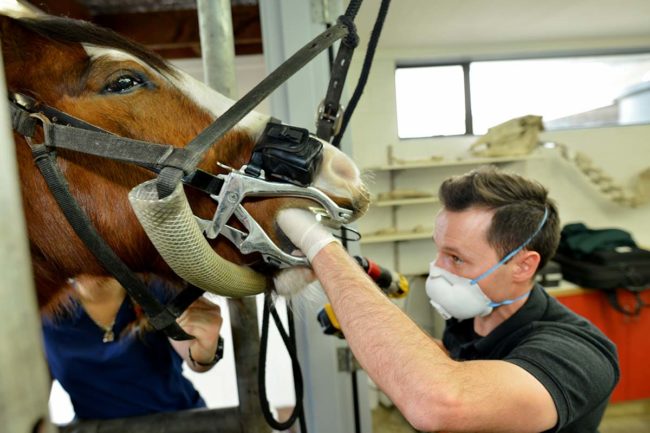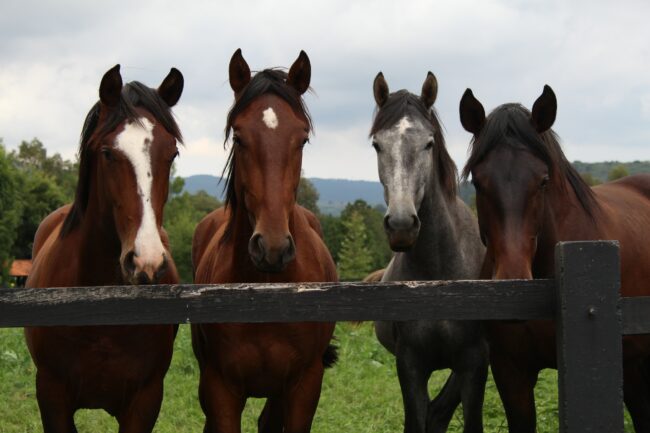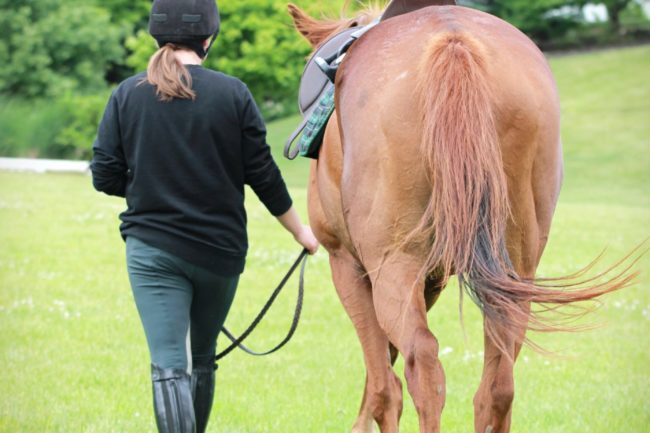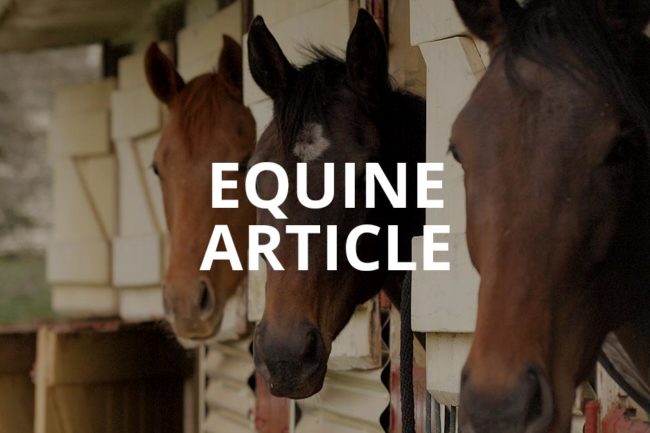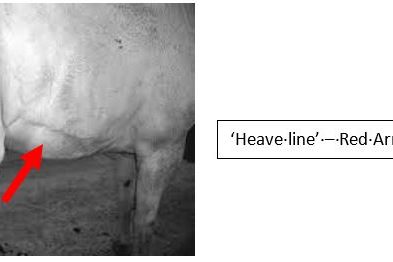WOLF TEETH IN HORSES
Wolf teeth are technically known as the first premolar teeth in horses. They usually erupt into the mouth at between five and twelve months of age, but do not continue to grow or erupt into the mouth as do the rest of the cheek teeth. It has been estimated that approximately seventy percent of horses…
Details
